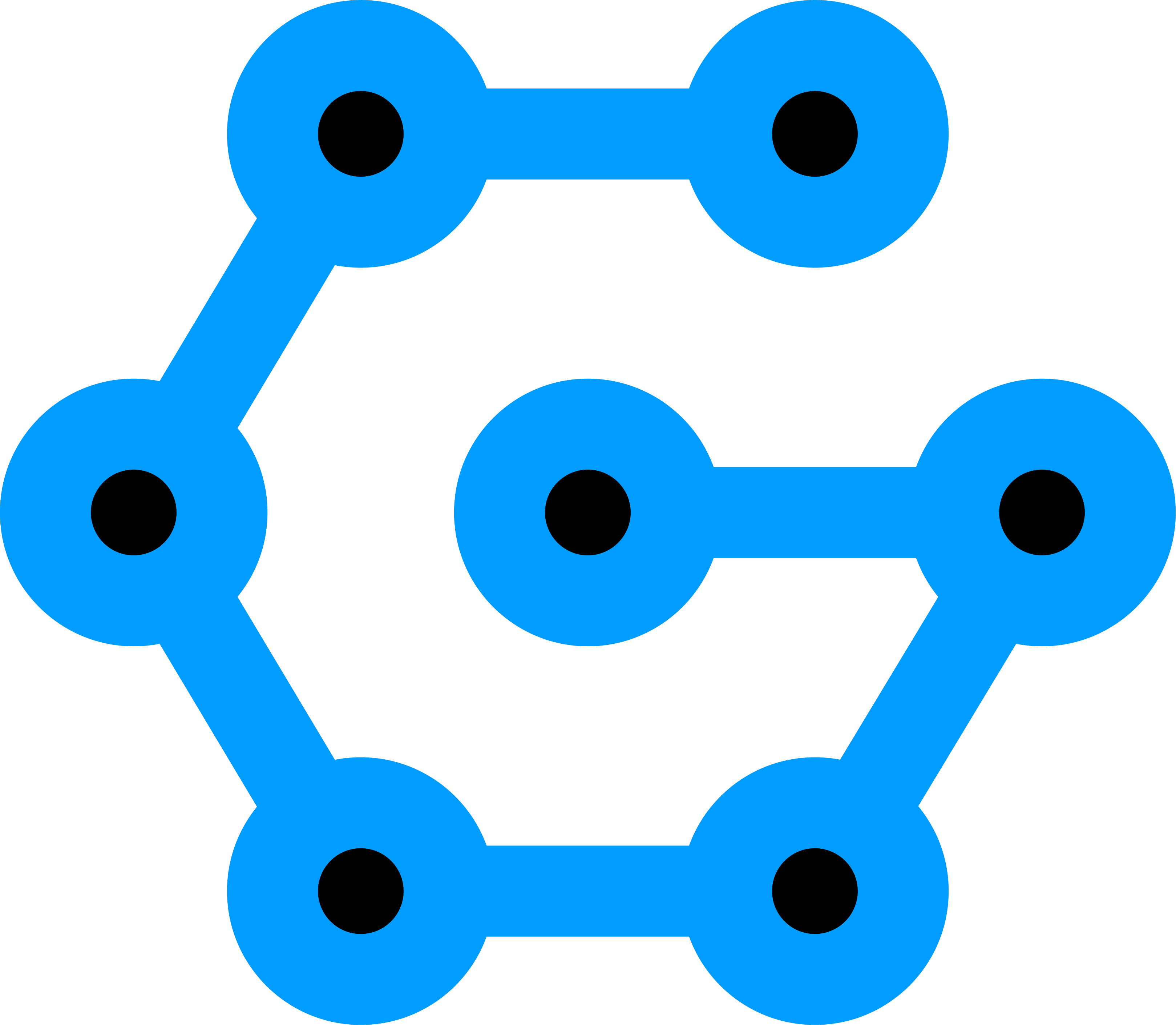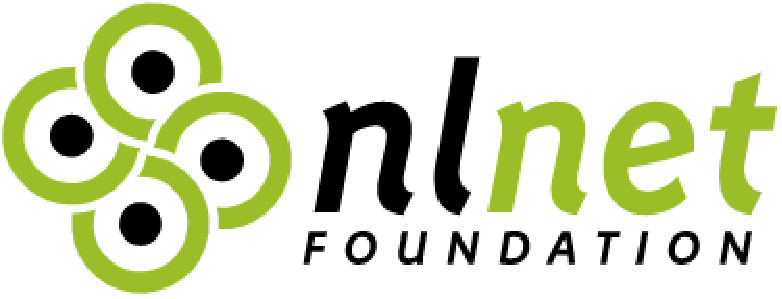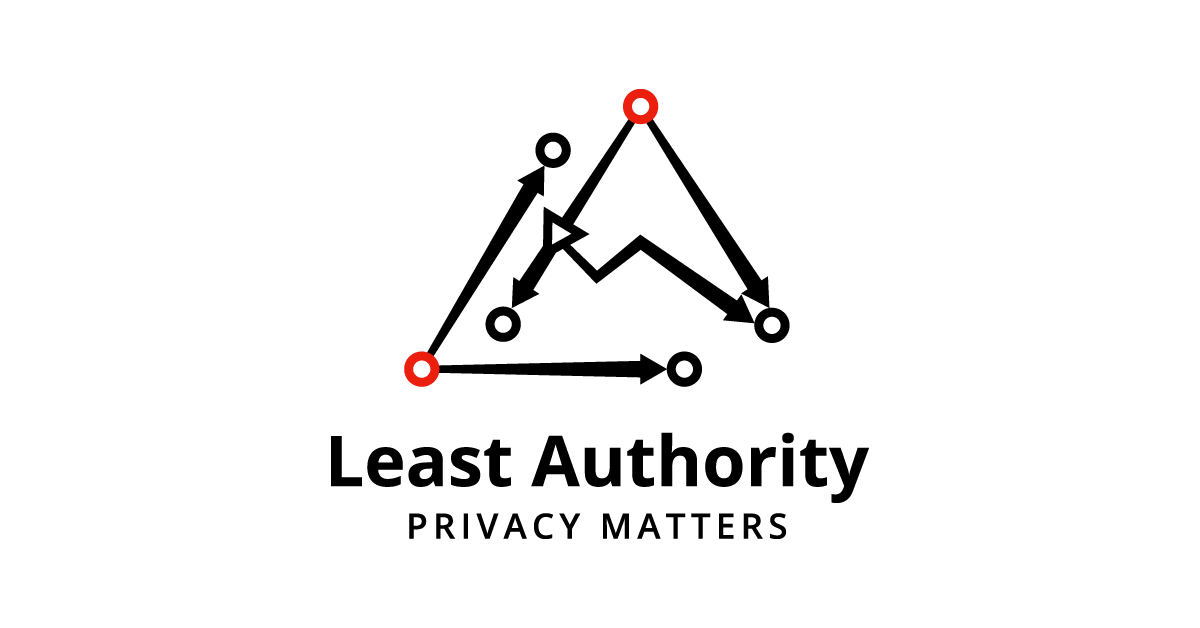Community Matters
We engage with and contribute to various communities to promote the use of secure systems and privacy-protecting technology.
Special Projects
Zk-SNARKs offer a new paradigm for privacy and the potential to securely scale blockchain-based solutions. Most explanations struggle to explain why they are important and how they work, so zk-SNARKs remain somewhat “magical” and elusive, deterring developers from exploring or utilizing them in projects. Our MoonMath Manual to zk-SNARKs is designed for an audience with only minimal experience in cryptography and programming. We aim to deliver a guide to zk-SNARKS that begins with a theoretical foundation, and builds up to a point where the reader is able to implement complex, real-world zk-building blocks.
Destiny is an open source secure file transfer application that does not reveal identities – neither between participants nor towards the service provider.
Destiny was developed for and with Human Rights Organizations (HROs) as a free Privacy Enhancing Technology (PET) alternative which does not collect personal identifying information for file transfer.
Resources:
HRO Cloud
Secure file storage system for human rights organizations, journalists, and activists
Human rights defenders face unique challenges. Their data is particularly vulnerable to attack; failure to secure this data could result in serious consequences for their sources and networks. Least Authority has designed the HRO (Human Rights Organizations) Cloud to offer a secure file storage option to human rights defenders. The HRO Cloud is built on Tahoe-LAFS, an open-source, decentralized cloud storage system which distributes data across multiple servers. Using Tahoe-LAFS for this service means that even if some of the servers fail or are taken over by an attack, the entire file store continues to function correctly, preserving users’ privacy and security. Users’ data is encrypted before it leaves the device, meaning they are in control of the keys to their files and only they can access their own data.
Resources:
Least Authority has designed a protocol called the Private Periodic Payment Protocol, or P4, which is a privacy by design mechanism that enables customers to process payments without requiring them to share personal information. P4 aims to define the way in which subscription services can be funded using end-to-end private cryptocurrency payments, by incorporating the use of Zcash shielded transactions and leveraging the Tor anonymity network’s onion services.
Resources:
Open Source Development
Open source tools are at the core of our products and services.

Tahoe-LAFS
Data Storage
Magic Folders
File Syncing

Magic Wormhole
File Transfer

Gridsync
File Syncing
Grant Projects
With outside funding and support, more of our work is possible.

Advancing zkVMs with Formal Verification
2025
The goal of this project was to create a comprehensive Lean blueprint for two cryptographic protocols, STIR [ACF+25] and WHIR [ACF+24], which are interactive oracle proofs of proximity (IOPPs) for Reed-Solomon codes. Supported by a grant from the Ethereum Foundation’s Verified zkEVM program, this work represents an important step toward formally verifying STIR and WHIR in Lean.
Resources:

MW4ALL and MW4ALL 2.0 (Magic Wormhole for All)
2020-2021
The goal of these projects is to bring the security and privacy benefits of Magic Wormhole to more people through a sustainable product.
In the first project we identified the technical needs required to scale Magic Wormhole to a commercial product, carried out a survey to determine people’s file transfer needs, and mapped out the current file transfer market. In the second project we are doing user testing, developing a web-based file transfer tool, and building a sustainable business model.
Resources:

Organizational Deployment of Secure Distributed Storage with Tahoe-LAFS
2019-2020
The goal of this project was to adapt Least Authority’s open-source tools (Tahoe-LAFS, Gridsync, and Magic Folder) to make them more usable for human rights organizations in repressive contexts. A key component to this project was partnering with human rights organizations, to ensure that we met their needs and wants in further development of the tools. We did this by partnering with four human rights organizations from around the world and interacting with them throughout the project.
Resources:

How Magic Wormhole Can Bring About Internet Freedom
2018
In multiple countries of the world, sharing certain photos, videos and documents can be risky. The goal of the research for Magic Wormhole was to match the secure file transfer technology with potential user communities living in highly censored and surveilled parts of the world. Our research partners OKthanks and the Guardian Project spoke with 12 individuals from 6 countries in an effort to understand how the technology is relevant and could be used in various contexts. Their report provided us with insights, personas that represent use cases, and recommendations to inform the development roadmap for Magic Wormhole.
Resources:

Magic Wormhole/SPAKE2
2017
This project aimed to make SPAKE2 primitives available to mobile app developers and to support standardization of SPAKE2 inside the IETF. Magic Wormhole makes it possible to get arbitrary-sized files and directories (or short pieces of text) from one computer to another. We wanted to port Magic Wormhole and the SPAKE2 library it relies on over to Rust and Haskell to be able to run it on more modest platforms like smartphones.
Resources:

S4 & GridSync Usability Study
2017
The goal of this project was to connect with end-users to identify their needs, certain pain points and potential solutions when it comes to (secure) file storage. We partnered with SimplySecure for conducting user feedback sessions in Berlin and at the Internet Freedom Festival in Valencia and developing insights from them. We did further user testing on our secure file storage service S4 and its desktop software GridSync at the digital human rights event RightsCon, in Brussels.
Resources:

